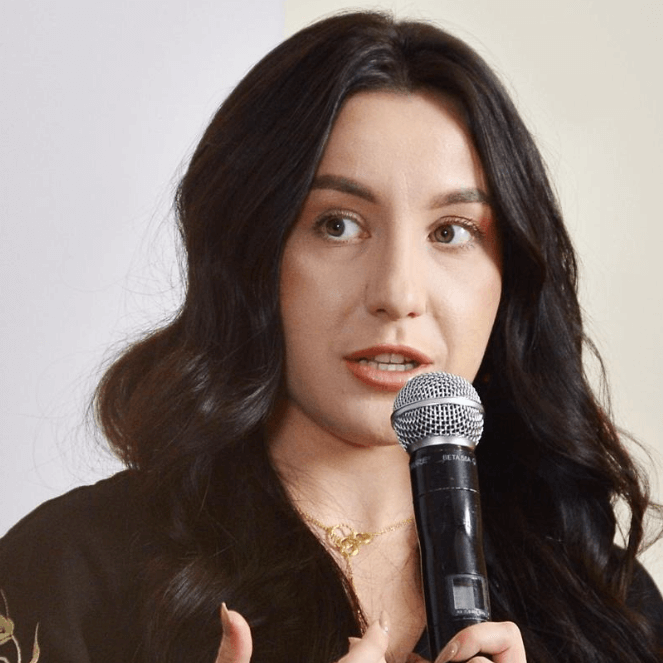Forty-one nations met in the Netherlands to discuss enforcing the Chemical Weapons Convention (CWC), an international ban on chemical weapons. Despite credible evidence from Russian sources of its use of chemical weapons against Ukraine, Russian diplomats continue to deny the accusations and attempt to divert attention by accusing Ukraine of doing so. The international community should acknowledge Russia’s false claims for what they are: lies.
This commentary originally appeared on The National Interest and was prepared by VoxCheck analysts in collaboration with RAND.
To obscure its actions, Russia often claims victimhood, denies evidence, and deflects charges about its behavior by alleging chemical attacks by others against it. Before its full-scale invasion of Ukraine, Russian Defense Minister Sergey Shoigu accused U.S. contractors of planning a “provocation with unknown chemical components.” Alongside him, President Vladimir Putin warned of a “military-technical response.”
These statements were part of Moscow’s pretext for its invasion. In response, President Biden warned that when Putin accuses NATO, Ukraine, or the United States of impending actions, it often signals his intentions.
In February, Lieutenant General Igor Kirillov, commander of the Russian Army’s Radiation, Chemical, and Biological Defense Forces claimed that Russia had destroyed all of its chemical weapons stockpiles in September 2017. Contrary to Russia’s assertion, the U.S. State Department argued in its annual report to Congress on compliance with the CWC, that it “does not believe Russia has declared all of its Chemical Weapons (CW) stockpile, and Chemical Weapons Production Facilities (CWPFs), and all CW development facilities.”
When confronted at a meeting of the Organization for the Prohibition of Chemical Weapons (OPCW), Russian officials denied (PDF) the allegations, questioning the credibility of the sources. Reports from Russian soldiers, photographic evidence, and testimonies from affected Ukrainian forces create a credible body of evidence that Russia is, yet again, violating the letter and spirit of the CWC.
Rather than ceasing its treaty-violating activity, Russia counters these allegations by falsely claiming that Ukraine uses chemical weapons against Russian forces, including on Russian territory, such as the Kursk Oblast, or that Ukraine intends to stage a “provocation” with many civilian casualties, which would then be blamed on Russia. For instance, Russia claims that its forces near Avdiivka uncovered a chemical weapons production laboratory, stocked with American gas masks, Polish protective suits, and chemicals prohibited by international regulations. Beyond these assertions, Russia provides no evidence for the international community to assess.
In fact, Russian General Igor Kirillov again made false accusations about Ukrainian chemical weapons preparations and U.S. military assistance and disingenuously claimed that Russia’s OPCW-accredited laboratory verified samples supporting the Russian case. The OPCW issued a note clarifying (PDF) that it did not verify Russia’s claims and that its assertion is “misleading and incorrect.” Russia’s false claims about Ukraine and the United States are a form of “fake mirroring (PDF),” or reflecting an accusation onto the accuser.
To hold Russia accountable for violating the CWC by using chemical agents against Ukrainian forces, Germany requested (PDF) that Russia explain why its soldiers admitted on government-controlled media and military Telegram channels that chemical weapons had been used. Russia dismissed the accusations as “absolutely groundless (PDF).”
State parties should demand that Russia stop weakening the global ban on chemical weapons use with its torrent of falsehoods about others, disclose its own secret chemical weapons activities, and lay out a plan for coming into compliance with an accord it helped negotiate.
We are grateful for research assistance to Alina Tropynina, VoxCheck managing editor, and Kateryna Ionova, VoxCheck analyst.
Attention
The authors do not work for, consult to, own shares in or receive funding from any company or organization that would benefit from this article, and have no relevant affiliations


